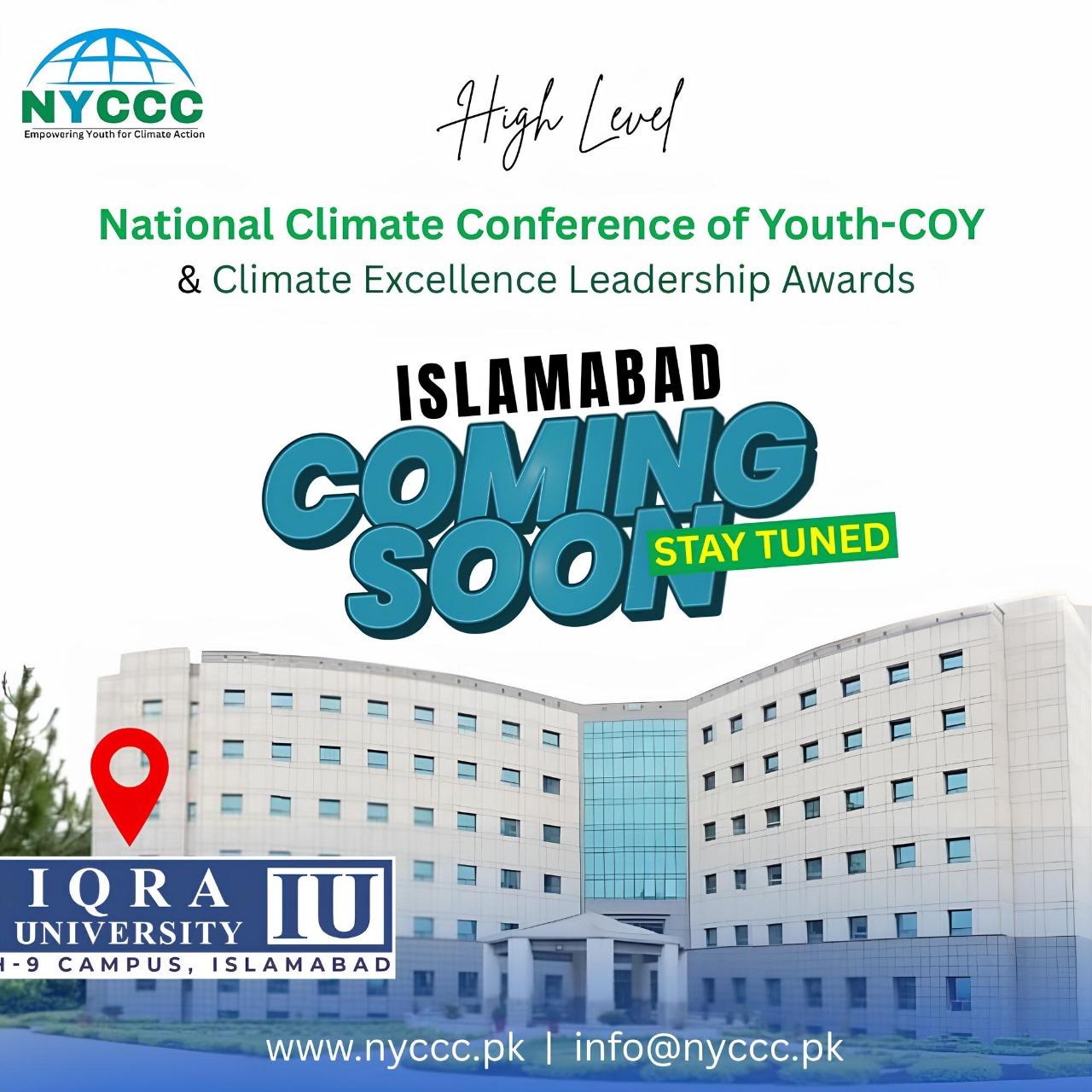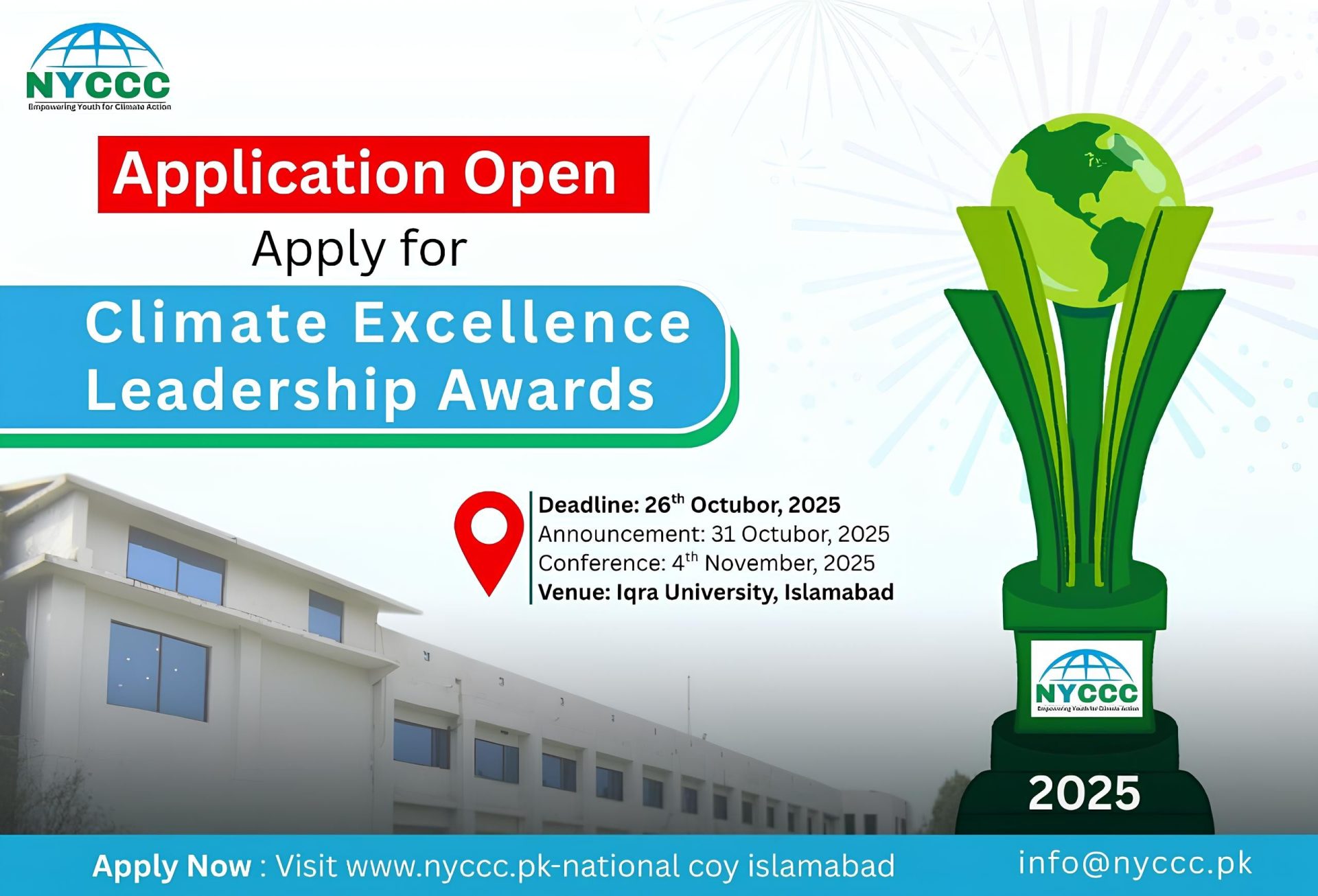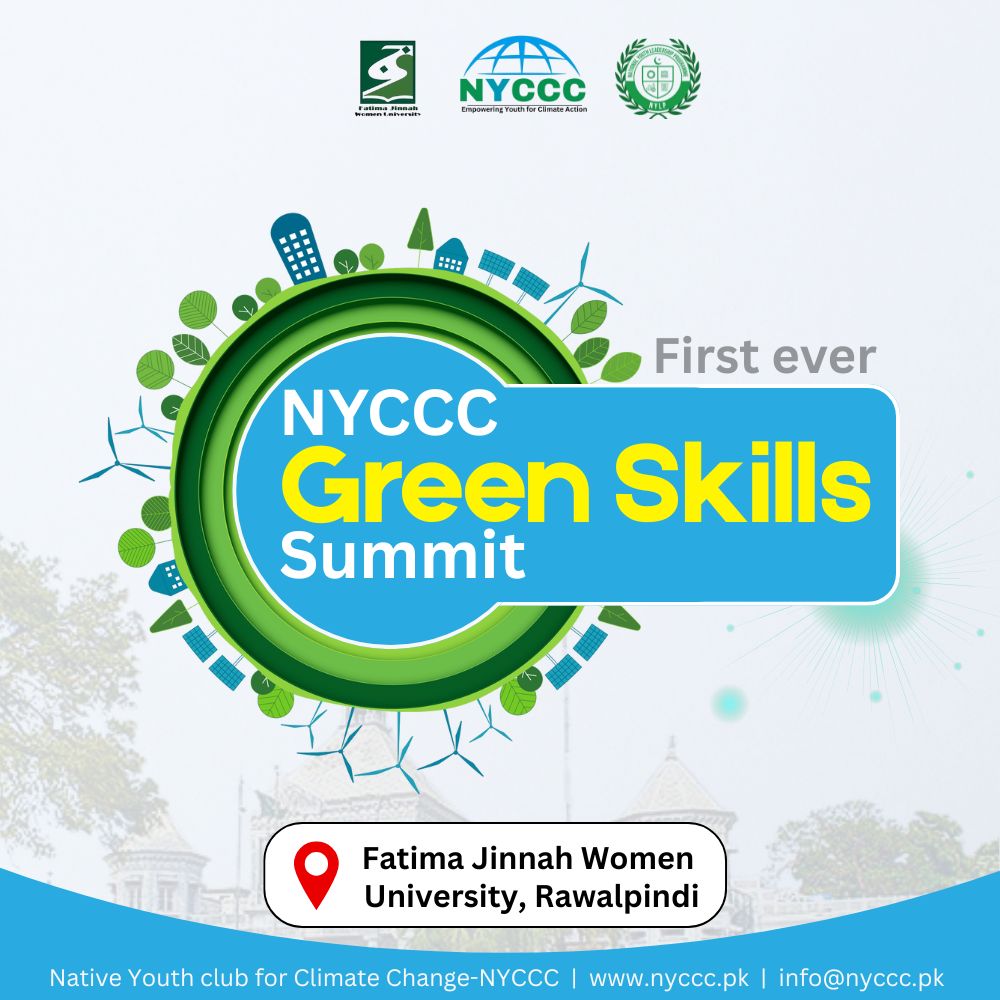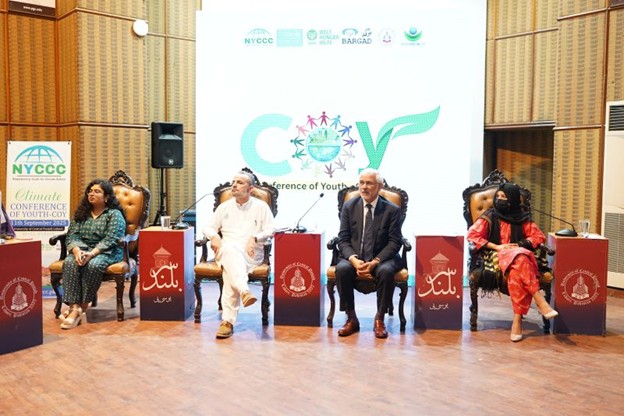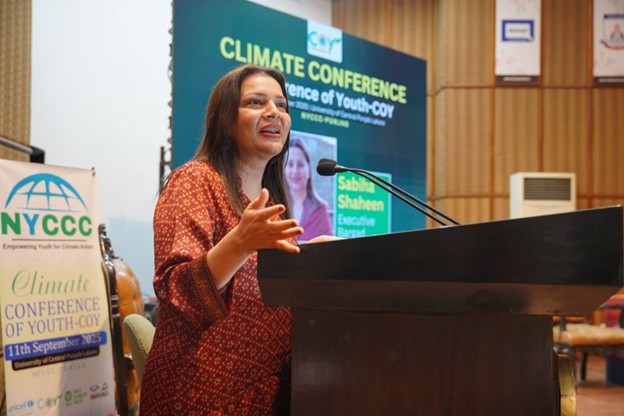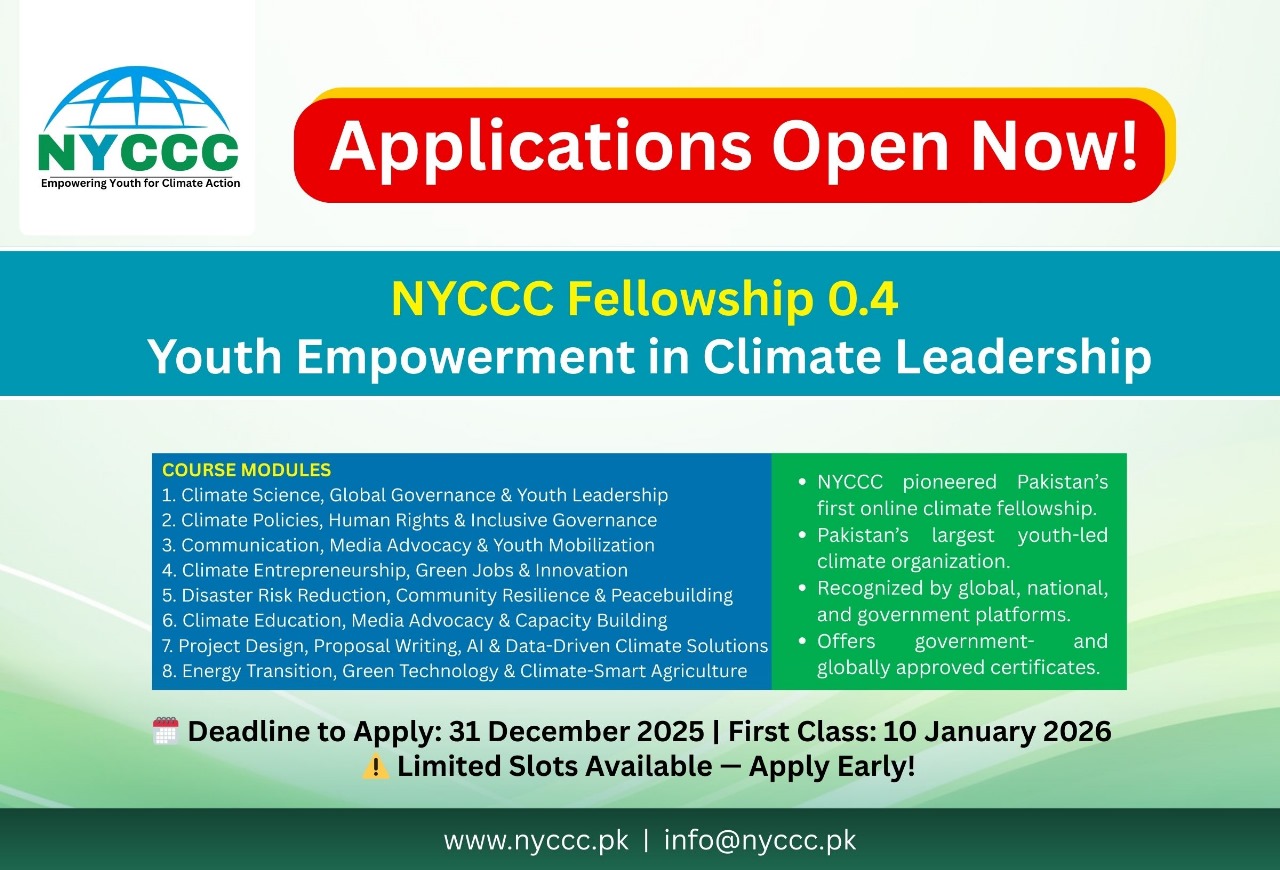In a period of environmental declination, climate change, and biodiversity loss, Artificial Intelligence (AI) is arising not just as a technological frontier but as an implicit lifeline for the earth. From climate modeling to agricultural precision, AI- driven tools are revolutionizing the way we understand, detect, and mitigate ecological challenges.As our planet confronts a global crisis, AI may offer the digital clarity and speed to respond with fluency and impact.
The Global Environmental Crisis: A Data- Driven Challenge
The scale of environmental declination is alarming
- According to the World Meteorological Organization, the past eight years have been the warmest globally.
- 10 million hectares of forest are lost annually, as per the FAO (Food and Agriculture Organization).
- An estimated 1 million species face annihilation, according to the IPBES Global Assessment Report.
- By 2050, climate- related disasters could displace over 1.2 billion people (Institute for Economics & Peace).
What connects these heads is complexity — and a vast ocean of data. This is where AI can play its role.
How AI Is Transforming Environmental Action
1. Climate Modeling and Early Warning Systems
AI enhances the validity of climate models by the analysis of massive datasets from satellites, rainfall stations, and ocean buoys. Machine learning algorithms can bring improvement in extreme weather forecasting and help government bodies prepare for flooding or heatwaves days in advance.
IBM’s AI- powered rainfall models, and Google’s AI flood forecasting models in India and Bangladesh, are saving many lives.
2. Biodiversity Monitoring and Species Protection
AI tools can identify species from audio, images, and video tapes, enabling monitoring of biodiversity more precisely.
Microsoft’s AI for Earth uses computer vision to track vulnerable species and real time changes in habitat.
3. Deforestation and Land Use Tracking
Through satellite imagery AI can detect illegal logging, land declination, or forest fires before they’re reported manually.
Global Forest Watch is using AI technology for monitoring of tree cover loss across the world through weekly updates.
4. Precision in Agriculture and Water Management
AI can empower farmers to optimize irrigation, crop yields prediction, and minimize the use of pesticides — promoting agricultural sustainability and conserving resources i.e water.
The FAO and tech firms are using AI- grounded soil monitoring systems for climate resilient farming
5. Air and Water Quality Monitoring
AI detectors and data models can analyse air and water quality changings especially in industrial zones, through emergency alarms or policy responses.
Plume Labs uses AI driven models to deliver local air quality forecasts in major cities.
Opportunities and Ethical Considerations
While the contributions of AI in environmental operations are promising, they are risky for the environment as well. According to a research from the University of Massachusetts Amherst, AI systems and large language models (LLMs) themselves can be resource- intensive. Training a large AI model can emit CO₂ equivalent to five cars over their lifetime.
To insure AI is serving the earth rather than harming it:
Green AI models must be prioritized — optimized for lower energy use.
Equity and access must be central: Global South nations mostly don’t have resources to profit from AI systems.
Open data and Partnerships are essential: Collaborations between governments, tech companies, and civil societies can control the misuse.
Conclusion: A Digital Ally in the Fight for Earth
AI is not just a solution, but it can contribute for the change. It brings perfection, and precision in identifying the environmental challenges that were preliminarily too vast and complex. The key lies in ensuring that AI is developed responsibly, equitably, and sustainably.
In a time when Earth’s future hangs in the balance, using the power of AI might not just be a revolution but an obligation.


